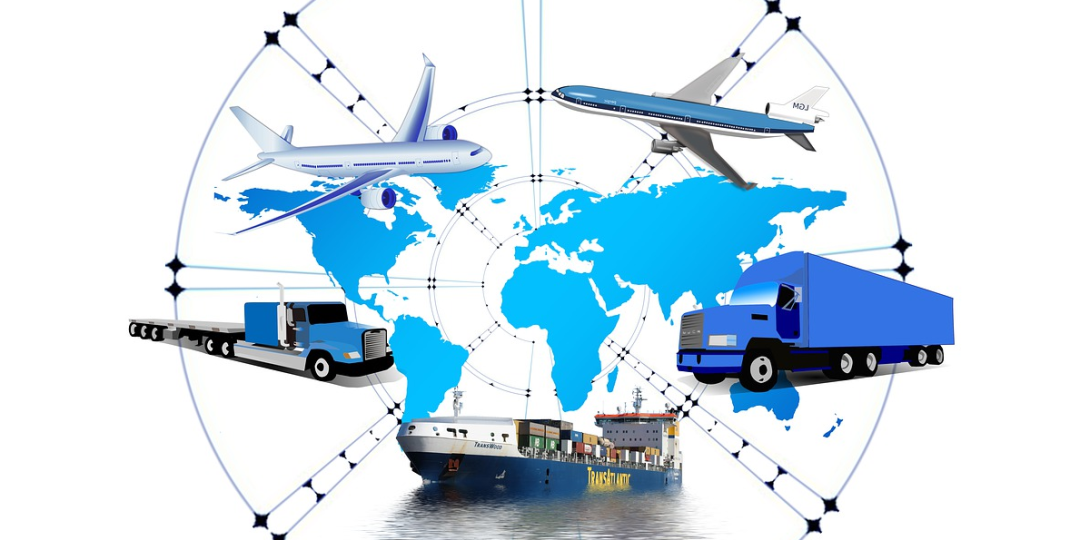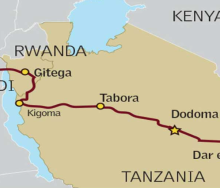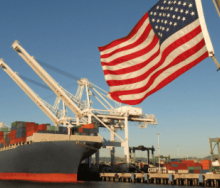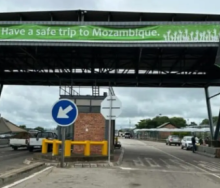The KwaZulu-Natal Department of Transport has expanded its mandate beyond roads to improve all modes of transport, including rail and maritime in the province, the department’s Deputy Director General for Transport Services told delegates at the Transport Evolution Africa Forum & Expo in Durban on Tuesday.
Fikile Sithole, who addressed delegates at the tenth edition of the conference on behalf of KZN Transport MEC, Sipho Hlomuka, said KZN was strategically located as a gateway for global trade and had a “unique value offering” of two of the busiest ports in Africa, expansive water space for maritime transport, a 33 975km provincial road network, one of the biggest airports and strategic economic development zones.
However, she said it was facing major rail and road infrastructural challenges.
“The war in Ukraine, which has created the current dynamics in energy, has created opportunity for us to export more coal, but we could not maximise the opportunity because, when we planned our infrastructure, we did not envisage the current situation and we are now experiencing unintended consequences,” she said.
“Our rail network is becoming overwhelmed because most of the cargo that is supposed to be on rail is now moving on the road and our roads were not designed for this kind of traffic. We have seen a 200% increase in truck traffic on our roads coming from the north to the Port of Durban,” she said.
“Apart from the fact that we experience congestion, which causes dire traffic management situations, we are also facing a situation where we are losing people. A week ago, we lost 20 young people because of a truck accident, and this is something we do not want.”
She said the department, which had historically focused only on road transport, had now officially reviewed its strategy to encompass all modes of transport from 2021-2022.
“As a department we have a five-year strategy review to incorporate other modes of transport and our organisational structure is undergoing review to respond to functions relating to all modes of transport,” said Sithole.
She outlined the department’s medium-term plans, which include work on concluding a 30-year transport masterplan and forging partnerships with stakeholders in the transport industry.
Its medium-term focus also includes finishing the remaining 13km of the Sani Pass Road to Lesotho, concluding feasibility studies for new greenfield railway lines in the province, as well as a long-term plan for a rail link to Mozambique.
She said a maritime division would be established within the department as part of phase one of its coastal transport plan, as well as two additional dry ports, apart from the Cato Ridge dry port.
“These strategic interventions will provide spin-offs that will open up the country’s trade environment, create jobs and develop SMMEs,” said Sithole.
She said the department had also developed a digital strategy that would be implemented over the next five years.
“One of the key focus areas is the establishment of the Integrated Transport Command Centre wherein we shall gather information such as the road conditions, through the deployment of Internet of Things (IOT) devices throughout our road network as well as other transport infrastructure that we have developed,” said Sithole.
“We will also improve the monitoring of traffic flow as we now have an integrated traffic management solution that collects meta data from various data sources like tracing devices, and other entities that collect transport-related data. This has improved our big data capability.”
She said the province was also focused on building strategic partnerships with other countries as part of the plan.













